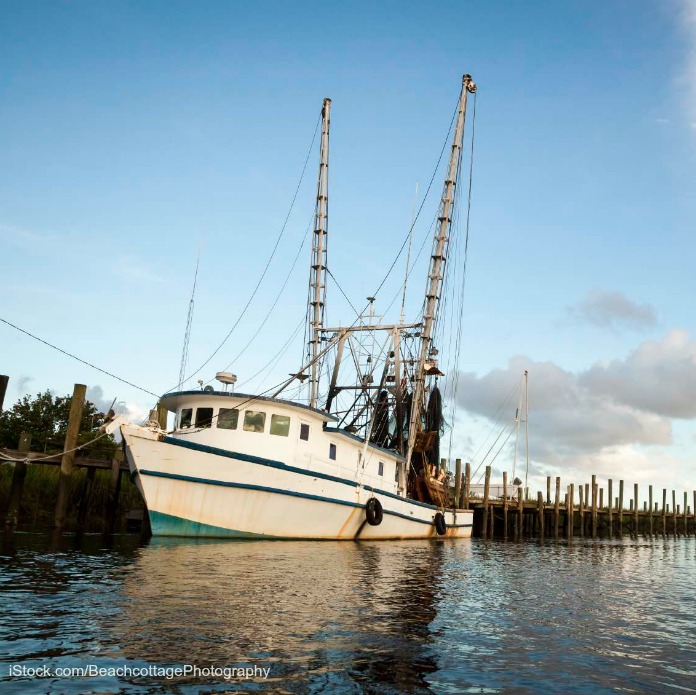A report by Oceana has exposed the nine dirtiest fisheries in the U.S. These facilities throw away almost half of what they catch, and are responsible for more than 50% of all the reported “bycatch” in the U.S., which includes protected and endangered species. Bycatch is the term for fish that are unintentionally caught when fishing for allowed species. The amount is estimated at 2 billion pounds every year, which is equivalent to the entire annual catch of many other fishing nations in the world.
 The report is called “Wasted Catch: Unsolved Bycatch Problems in U.S. Fisheries.” Those species that are killed and discarded overboard include sea turtles, dolphins, whales, sharks, sea birds, and protected fish. Amanda Keledjian, marine scientist at Oceana said in a statement, “It’s no wonder that bycatch is such a significant problem, with trawls as wide as football fields, longlines extending up to 50 miles with thousands of baited hooks and gillnets up to two miles long. The good news is that there are solutions – bycatch is avoidable.”
The report is called “Wasted Catch: Unsolved Bycatch Problems in U.S. Fisheries.” Those species that are killed and discarded overboard include sea turtles, dolphins, whales, sharks, sea birds, and protected fish. Amanda Keledjian, marine scientist at Oceana said in a statement, “It’s no wonder that bycatch is such a significant problem, with trawls as wide as football fields, longlines extending up to 50 miles with thousands of baited hooks and gillnets up to two miles long. The good news is that there are solutions – bycatch is avoidable.”
The nine dirties fisheries include Southeast Snapper-Grouper Longline Fishery, with 66% discarded; California Set Gillnet Fishery, with 65% of all animals discarded; Southeast Shrimp Trawl Fishery, with 64% discarded, and California Drift Gillnet Fishery, with 63% of all animals discarded. The list continues with Gulf of Alaska Flatfish Trawl Fishery, with 35% discarded; Northeast Bottom Trawl, with 35% discarded; Mic-Atlantic Bottom Trawl Fishery, with 33% discarded; Atlantic Highly Migratory Species Longline Fishery, with 23% discarded; and New England and Mid-Atlantic Gillnet Fishery, with 16% discarded.
Oceana would like to see drift gillnets banned, and wants Turtle Excluder Devices included in trawls. Companies can also avoid bycatch hotspots. The federal government should help by counting everything that is caught in a fishery, including bycatch species, capping the amount of wasted catch in each fishery, and controlling and avoiding bycatch with improvements such as enhanced monitoring.




